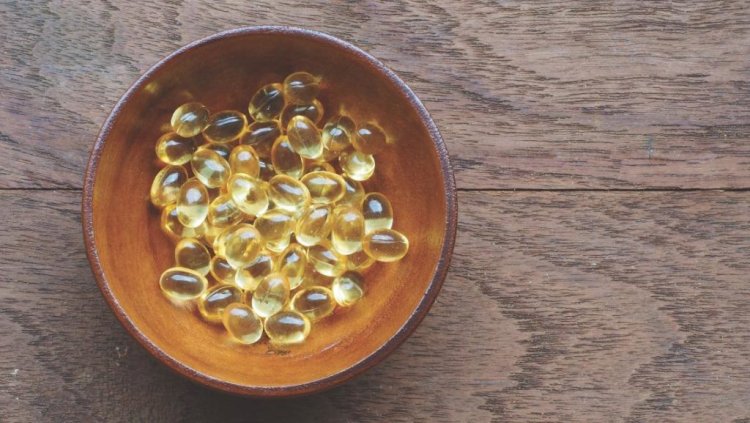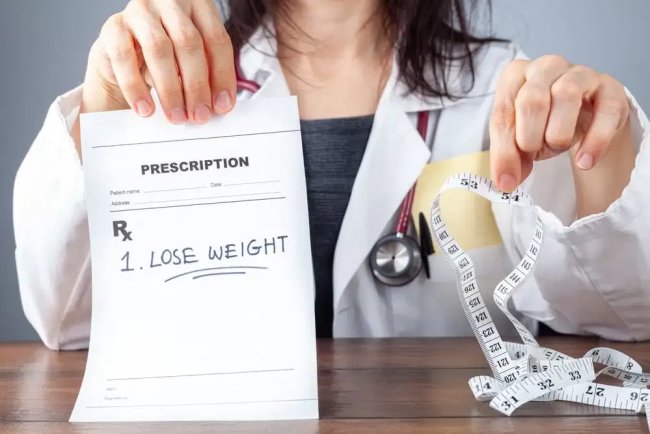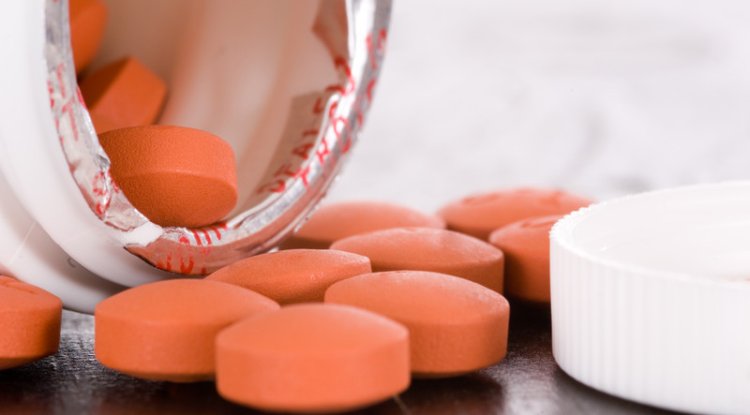Heart Health and Omega-3 Fatty Acids: Positive Indications, Unanswered Questions
You are not alone if you have ever stood in the supplement aisle, gazing at a bottle of fish oil and wondered if it could prevent future heart problems. As a physician, I frequently get inquiries regarding omega-3s, including if they are beneficial, if they are cost-effective, and which type to take. And my response? It is not simple.

The supplement industry is unclear. The majority have not been thoroughly examined enough to provide definitive advice, despite gaudy labels and optimistic claims. That gray area includes omega-3 fatty acids, which have long been thought to have heart-protective properties. Yes, they have been investigated, but the findings have been more enigmatic than conclusive. Patients, physicians, and everyone else are left scratching their heads as a result.
Omega-3s 101: What We Believed to Be True
The American Heart Association has advised persons with heart disease to consume fish oil or a diet high in fish for many years. The concept? that the risk of serious cardiovascular events, such as heart attacks and strokes, may be decreased by these fats.
I have long advocated consuming actual food to gain omega-3s. However, I have also relied on supplements for certain patients, particularly those who are at higher risk. One has stood out in particular.
Vascepa and REDUCE-IT: A ray of hope

Many of my high-risk patients have been administered Vascepa, a purified version of EPA, over the past few years. And the REDUCE-IT trial, a groundbreaking study that provided us with an uncommon, firm foundation to stand on, is the reason I have felt good about it, not anecdotal evidence or wishful thinking.
Over 8,000 individuals with recognized cardiovascular risk and high triglycerides were recruited. Half were given 4 grams of Vascepa every day, while the other half were given a mineral oil-filled placebo. Vascepa users experienced a significant decrease in heart attacks, strokes, stenting procedures, and fatalities. It appeared to offer deeper cardiac protection than only reducing triglycerides.
This was significant for a field that was desperate for unambiguous proof.
Next, STRENGTH: A Curveball Analysis
The STRENGTH trial rolled in and confused matters once more just when it appeared that things were getting clear.
A different kind of omega-3 supplement a combination of EPA and DHA was examined in this study. The trial was stopped early after tracking more than 13,000 patients. Why? because preliminary findings indicated that there was no difference in heart outcomes between the supplement and the placebo (corn oil this time).
Many of us were left wondering: what gives? What caused one formulation to fail while the other showed great promise?
EPA vs. DHA: Solving the Mysteries
The particular kind of omega-3 that was employed is one plausible explanation. REDUCE-IT only addressed high-dose, purified EPA, which appears to have a greater effect on blood EPA levels. A combination of EPA and DHA was used in STRENGTH, and there is growing concern that DHA may actually negate some of the advantages of EPA.
We are still speculating about pure DHA's actual function because no significant trial has examined it independently in connection to cardiac outcomes to date. However, there is growing evidence that EPA may be the true MVP in terms of heart health.
Then, should you take omega-3 fatty acids?
Here's the real deal: A pure EPA supplement, such as Vascepa, may be the best option if you are thinking about taking omega-3 supplements only for heart protection, particularly if you have cardiovascular disease or high triglycerides. Select a formulation that has more EPA than DHA, at the very least.
In summary, omega-3s show promise, but further research is needed.

We do not often get nice, tidy findings from science, particularly when it comes to heart health and diet. Researchers and physicians alike are still fascinated, perplexed, and frustrated by omega-3 fatty acids. The most scientifically supported choice for heart protection at the moment is pure EPA. But keep an eye out. We may yet be able to determine which fatty acids are truly deserving of the hype and which are merely supporting it when further study is conducted.
However, no medication can take the place of the fundamentals:
Consume a diet high in fiber, healthy foods, and yes, fatty fish.
Engage in frequent physical activity; even a quick stroll counts.
Reduce your smoking, learn to cope with stress, and get enough sleep.
Although they can help, supplements should never be used in place of these initiatives.
What's Your Reaction?




















